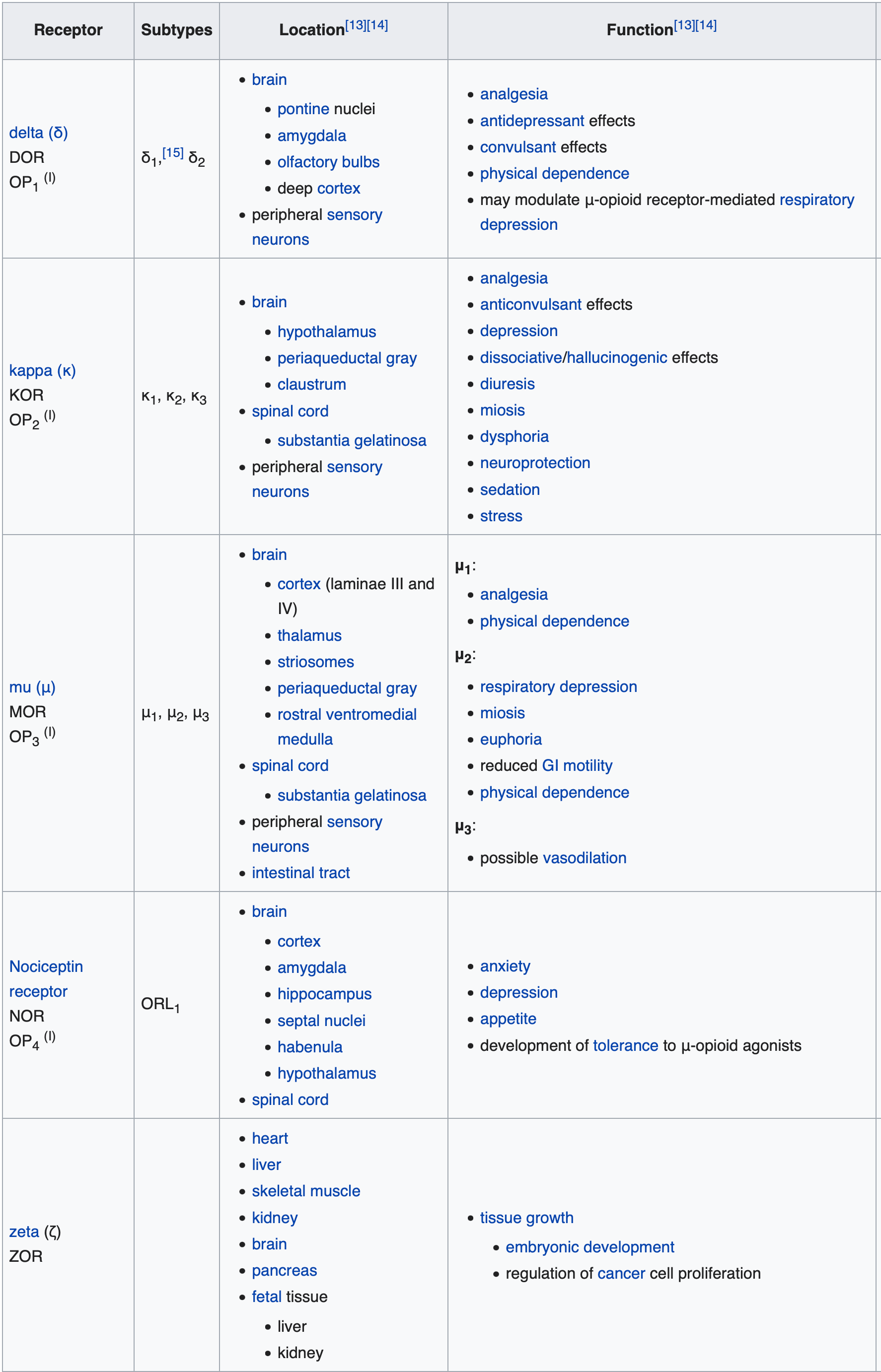The vaccine...
-
No, not that one, this one.
Researchers have developed a fentanyl vaccine that could eliminate the drug’s “high” by blocking its ability to enter the brain — which could be a major step forward in the ongoing opioid crisis.
The study, conducted by a research team led by the University of Houston and funded by the Department of Defense through the Alcohol and Substance Abuse Disorder Research Program, was published in the journal Pharmaceutics at the end of October.
Fentanyl, a synthetic opioid up to 50 times stronger than heroin and 100 times stronger than morphine, is prescribed by doctors to treat severe pain after surgery or for advanced-stage cancer patients. However, illicitly manufactured fentanyl can also be abused for a “short-term high” or “temporary feelings of euphoria” and is deadly when added to street drugs such as cocaine, methamphetamine and other opioids. “Over 150 people die every day from overdoses related to synthetic opioids like fentanyl,” estimates the Centers for Disease Control and Prevention.
Colin Haile, a research associate professor of psychology and lead author of the study, said in a news release that the vaccine “is able to generate anti-fentanyl antibodies that bind to the consumed fentanyl and prevent it from entering the brain, allowing it to be eliminated out of the body via the kidneys.
“Thus, the individual will not feel the euphoric effects and can ‘get back on the wagon’ to sobriety.”
Haile added that the anti-fentanyl antibodies didn’t cross-react with other opioids, meaning a vaccinated person could still be treated for pain relief with other opioids.
As someone who has given fentanyl (literally) thousands of times, I can say that there are many reasons that this is an excellent drug. It is potent, rapid acting, and has a short duration of action (about an hour). Few opioids have such a profile.
This will make the job of intra-op management much more difficult.
"The road to hell..."
-
@jon-nyc if they're dependent on fentanyl, of course. But the article says that other opiods are not affected.
I'm skeptical.
But, here's what is interesting. There are different receptors in the brain for various effects of opioids
Some are analgesic.
Some are respiratory depressant.
Some are euphoric.
Some are other side effects (nausea, etc).This is vastly oversimplified, of course, but there is work being done that'll work on specific receptors (analgesia) while having little affinity for euphoria, or others.
It would be great to have a drug that takes away your pain, but doesn't give a high.
Most chronic pain patients develop a tolerance to the euphoric effect of opioids, and so there's no "buzz." More than one chronic pain doc has told me that whenever a patient tells him that morphine doesn't work and he needs hydromorphone (Dilaudid), he becomes suspicious of the need for a buzz vs analgesia.

-
@Mik said in The vaccine...:
WTF would be great about THAT?!
As I said, I have my reservations. The beauty of fentanyl is 1) its potency (more potent means fewer side effects such as nausea, etc), 2) short duration of action (45 minutes to an hour). There are many times, hundreds of them where I gave fentanyl for a quick analgesic effect when other opiats would have taken longer to work and lingered into the postop period. There's really nothing like it (well, there's a few, but they have their own sets of issues) and it was my go-to opiate for intraop analgesia.
If my patient is "vaccinated" against fentanyl, I'm hamstrung, and I have to use drugs with a whole new set of restrictions and side effects.
My hope is for opiates that target specific receptors. I probably mentioned this years ago, but hope springs eternal.